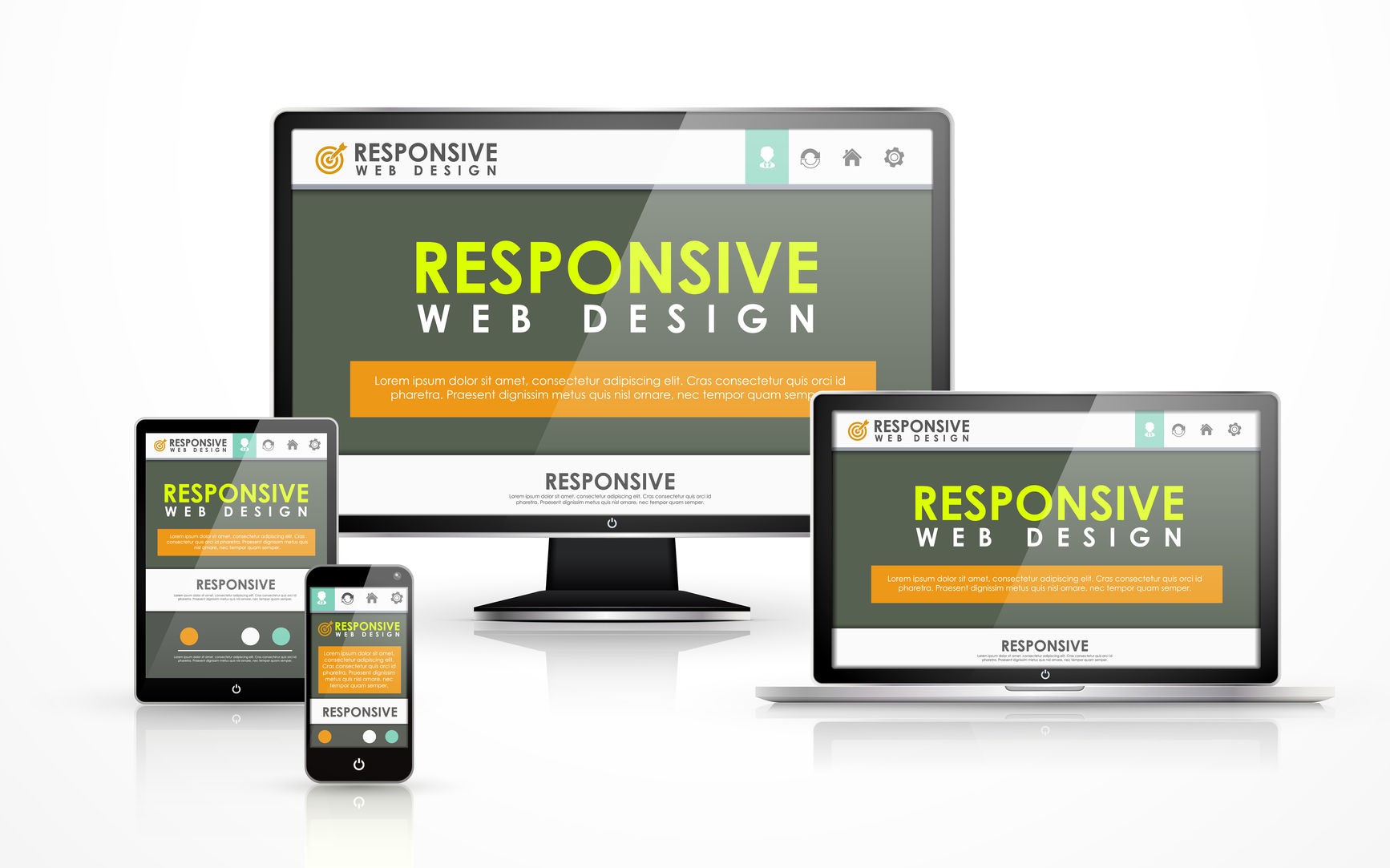What is a Responsive Web Design and its Benefits?
In the field of web design and development, responsive website design is a technique to make the website’s user interface plastic. User interface plasticity refers to the ability of a website to adapt itself on different screens and devices so as to offer the best UI for the user. This helps maintain the quality of your website irrespective of the screen size and configurations of the viewing device. So, whether a user visits your website through a desktop, laptop, tablet or smartphone, the website will offer an amazing user experience. Gone are the days when a user would have to zoom in and navigate through the website, especially if it was a huge one. Responsive website design also takes into account the viewer proximity and adapts the website for a better navigation and usability.
Let’s explore the various benefits of having a responsive website design:
Increased Mobile Traffic
On July 1, 2019 Google enabled mobile first indexing for all the websites. This means that the mobile version of the website will be indexed to determine rankings for respective search queries. Google made this huge change because it realized that the number of people accessing the internet through mobile handsets have far surpassed the number of people on desktops or laptops. If your website is responsive, irrespective of the screen size then chances are high that your website will be able to outrank your competitors and divert the traffic towards your website. Thus, web developers and companies always recommend their clients to go for a responsive website design.
Excellent User Experience
A responsive website always leads to better landing page experience of the user. One of the major indicators of excellent user experience is the amount of time they spend on your website. If suppose, a website is hard to navigate and they have to constantly zoom in and out, they will not hesitate to leave the website within seconds. On the other hand, if your website is easy to navigate and renders the web pages irrespective of the device, your users are bound to explore your website and may also turn into a potential sale. They may refer your site to their family and friends and help bring in more business for you.
Better SEO and Improved Rankings
Responsive Design means you can manage your whole website with a single set of hypertext links. You do not have to create hypertext as per the device separately and therefore saves a huge amount of time spent maintaining the website. This allows you to focus on linking and outreach opportunities using advanced search engine optimization (SEO) strategy. Advanced SEO campaigns can be tiresome and time consuming, but by creating a responsive site, all of your efforts can be focused on a single site, with consolidated strategy and campaigns across all devices. Responsive web development is directly proportional to improved rankings and increased traffic to your website.
Cost Effective and Advanced Data Analytics
One of the primary benefits of applying a responsive design to your website is that it is less time consuming than making an additional stand-alone mobile site. This had been the traditional approach before responsive web development became a thing. Testing across a number of websites also increases your development time, support staff and maintenance costs. Another drawback of a separate mobile website version is they are not cost effective and an impractical business decision. With a bespoke web design you will save that extra cost and also be able to deliver a better experience to your users across devices.
As you will have to manage and maintain only one website, data analytics and reporting also become really easy and hassle free. You would no longer have to track user journeys, conversion paths, funnels, and redirections as per the device traffic. Site analytics tools like Google Analytics can easily monitor multiple devices for responsive and consolidated reporting. All of your tracking and analytics will be compiled into a single report for easier data analysis and monitoring.
Faster Loading Speed
Recent studies have shown that mobile users have a really short span of attention and are likely to abandon website who take more than three seconds to load. If a website is not developed with a responsive website design and not optimized for all types of devices, then the pages will take some time to fully load on different devices.
This, for sure will frustrate the visitors and lead to bad customer experience. Not only will it take more time to load the website, but the navigation will also be confusing and not user friendly. Responsive web design makes sure that the website does not lag on different devices and using the latest technology like caching or responsive display images, the loading sped of your website will be much faster, leading to better landing page experience of the user. The individual pages and internal navigation will also be smooth allowing the visitor to spend more time and interact with your website.
Also Read:
What is Exactly Rabbit? The Top Alternative of this Video Streaming Platform
A Comprehensive Guide On iPad Air 2 Screen Replacement

Post Comment